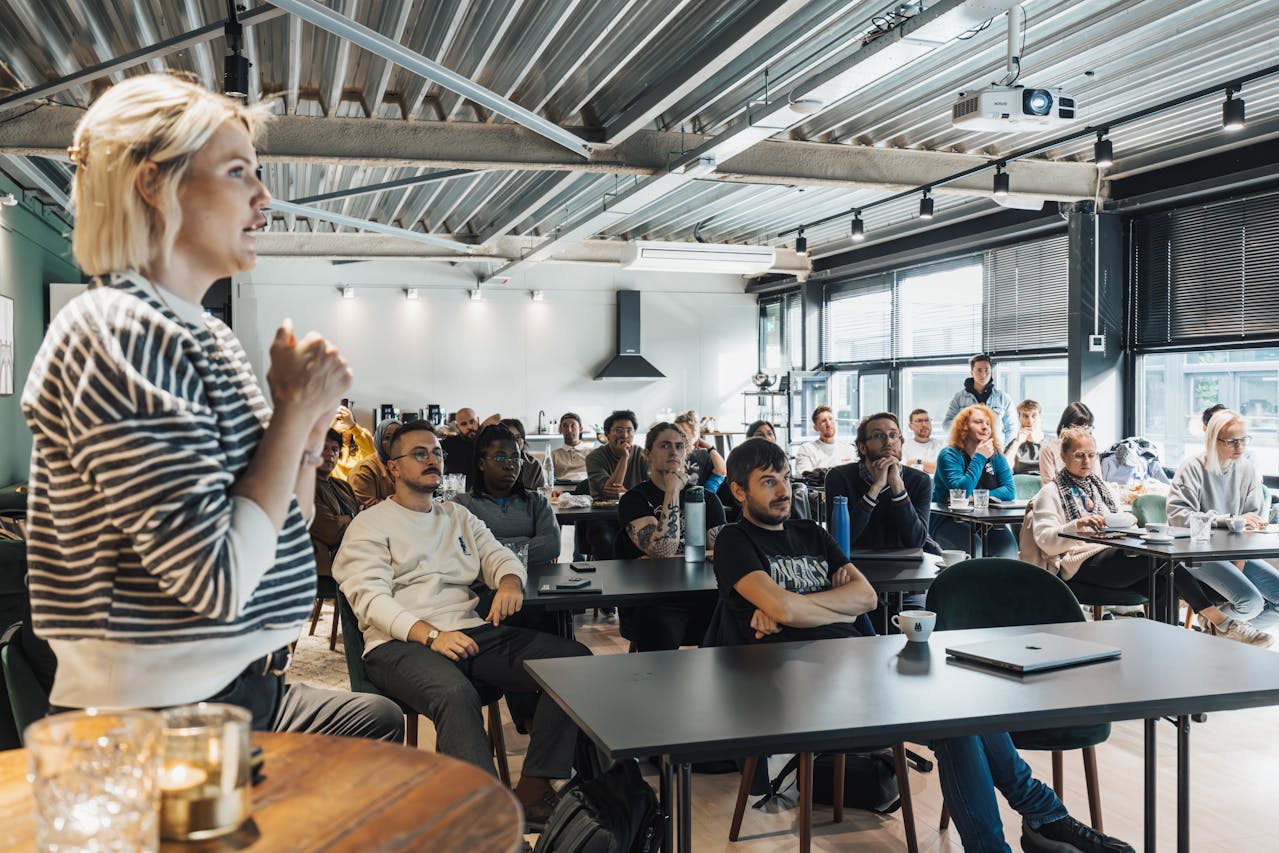This training is designed to explore the influence of gender on personal, societal, and institutional roles. Participants will learn how gender roles and relations are formed, maintained, and influenced by cultural and societal expectations. By focusing on gender in the context of development, this course will enhance participants’ ability to design, implement, and evaluate gender-responsive policies, programs, and projects to advance the Sustainable Development Goals (SDGs).
Who Should Attend
This course is ideal for professionals in development work, policy-making, or gender-related fields who are committed to integrating gender considerations into their organizational processes and development work. This includes:
- Development professionals and community workers
- Government officials and policymakers
- NGO staff working on gender and development
- Educators and academic researchers
- Human rights advocates
- Gender equality experts
- Project managers and program coordinators
- International development professionals
Course Objectives
- To develop strategies for incorporating gender considerations into the design, implementation, monitoring, and evaluation of community projects and institutional policies.
- To increase participants’ sensitivity to a wide range of gender-related issues and challenges.
- To improve skills in analyzing and managing gender roles, relationships, and power dynamics in development settings.
- To develop an understanding of the key concepts and approaches for analyzing roles and relationships from a gender perspective.
Course Duration
The course will run for 5 days.
Course Outline
- Section 1: Overview of Gender and Development
- Introduction to gender and development
- Defining gender: Social and cultural constructs
- Understanding the concept of gender in development contexts
- Gender role expectations and stereotypes in society
- How institutions influence gender stereotypes
- Gender dynamics and their impact on development
- Examining attitudes towards gender roles and relationships
- The social construction of gender
- Section 2: Gender Roles and Relations
- Understanding gender perceptions and expectations
- How society perceives women and men differently
- Exploring the concept of gender roles
- Types and variations of gender roles
- Understanding the cultural roots of gender stereotyping
- Strategies for challenging gender stereotypes and breaking barriers
- Examining the gender-based division and valuation of labor
- Course review and assignment
- Section 3: Gender Development Issues
- Identifying key gender issues affecting development
- Exploring the relationship between gender roles and life choices
- Understanding power dynamics in gender relationships
- Creating a gender roles and relationships matrix
- The importance of gender-sensitive language in development
- Gender and governance: Addressing gender in leadership
- Gender and human rights frameworks
- Using gender statistics to support development policies
- Gender and leadership: Promoting women in leadership roles
- Section 4: Gender Analysis and Policy Development
- Introduction to gender analysis: Concepts and tools
- Why is gender analysis important in development?
- Variables used in gender data collection
- Gender analysis frameworks and methodologies
- How to conduct gender analysis in projects and programs
- Applying gendered analysis to development issues
- Integrating gender considerations into policy development
- Lessons learned from gender mainstreaming in national policy frameworks
- Course review and assignment
- Section 5: Gender Mainstreaming
- Defining gender mainstreaming and its role in development
- Using gender mainstreaming as a strategy for change
- Approaches to integrating gender into organizational frameworks
- Methods and tools for successful gender mainstreaming
- The role of men in advancing gender mainstreaming
- Challenges to effective gender mainstreaming and solutions
- Gender mainstreaming and its alignment with the SDGs
- Best practices in gender mainstreaming across different sectors
General Notes
- All courses can be tailored to meet participants’ specific needs.
- Participants must have a good command of English.
- The course includes presentations, practical exercises, web-based tutorials, and group work. Our facilitators are experts with over 10 years of experience in gender and development.
- Upon successful completion of the course, participants will receive a certificate from Stepsure Training And Research Institute.
- Training will be conducted at Stepsure Training And Research Institute centers, with in-house and online options available based on client needs.
- Course duration is flexible, and content can be adjusted to fit any number of days or specific requirements.
- The course fee for on-site training includes facilitation, materials, two coffee breaks, and a buffet lunch. Participants are responsible for their own travel, accommodation, visa arrangements, and other personal expenses.
- Accommodation, airport pick-up, and visa processing can be arranged upon request at discounted prices.
- Tablets and laptops can be provided on request for an additional cost.
- One year of free consultation and coaching is available post-course.
- Group discounts (10% to 50%) are available for registrations of two or more participants.
- Payment must be made before the course begins or according to the agreement with the Stepsure Training And Research Institute.
Contact Us
For more information or to register, please contact us:
- Email: info@stepsureresearchinstitute.org
- Phone: +254 723 482 495
- Website: www.stepsureresearchinstitute.org








